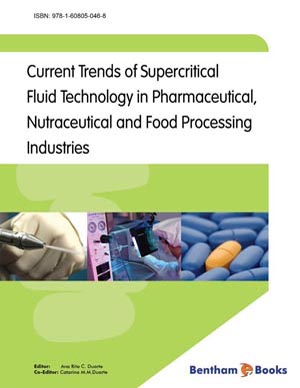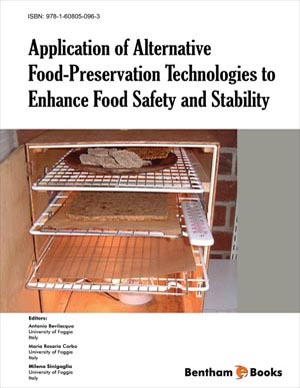Abstract
Pharmaceutical sciences are experiencing a revolution as regards the existing technologies and the development of entirely new ones. Engineering drug itself has emerged as a new strategy for drug delivery and supercritical fluid technology offers exciting opportunities in this field. The application of supercritical fluids to the processing of pharmaceuticals has already proven its feasibility and also its applicability in the area of polymer processing as well as in the preparation of controlled release systems. It is of particular interest the key role that materials have in the development of these new drug delivery systems, from polymers, to ceramics or even metals. When a pharmaceutical agent is encapsulated within, or attached to, a polymer or lipid, drug safety and efficacy can be greatly improved and new therapies are possible. This has been the driving force for active study of the design of these materials, intelligent delivery systems and approaches for delivery through different administration routes. A review of the state of the art indicates that, in the past two decades, a lot of effort has been put in the development of new particle formation processes. The precipitation of solids with supercritical fluids has attracted many researchers as it enables the production of very small size particles with a narrow size distribution using mild and inert conditions. In this chapter a review of the supercritical expansion processed applied to pharmaceutical purposes is presented.



















